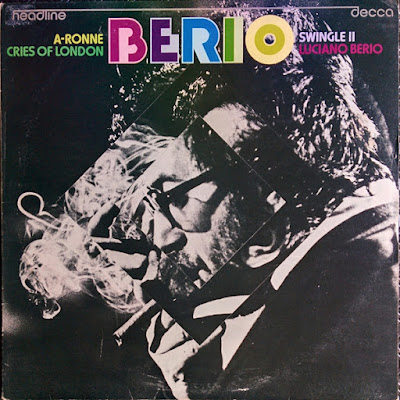There are two different periods in Philip Glass's work or recordings. The early works were truly minimal, and the later operas, orchestrations, are very much driven by melody. Both periods have driven rhythms, but there is something special about the early works that I like a lot. There is a zen quality to the work, that I don't want to say puts me in a spiritual place, but more aware of my mind going to other worlds. Steve Reich hits me differently, because I'm aware of a system taking place, but Glass strikes me as being more emotional and riff-driven in that making a fist and hitting the air stance.
"Contrary Motion" on side one is just Glass and his electric organ. It's not a peaceful existence, but it is one that makes me sit down and listen to the work. I never want to read the liner notes of a Glass album while I'm playing the record, on the other hand, I tend to read Reich's album notes, because of the structure of that piece being put together. Reich is conceptual that focuses on the practice as well as the sound and Glass I think is just music. Both do have a strong visual sensibility, but looking at the back cover of "Solo Music" it does truly look like a Brice Marden work of art. A great album.






